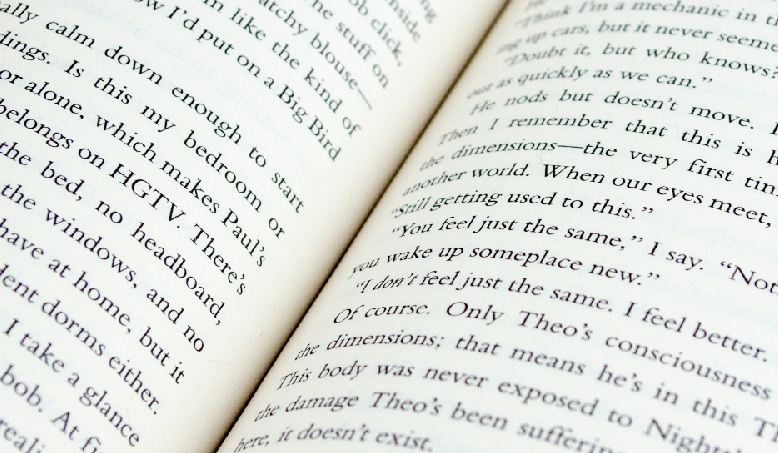World Book Day: Top recommended non-fiction books
In a previous post, Hult students shared some of their favorite fiction titles with the promise of more to come. In this second and final installment, our student ambassadors share their top picks for non-fiction titles—and poetry—across different genres: self-help, politics and history, and science. Let’s dive in …
Book title: Mindset: The New Psychology of Success
Author: Dr Carol Dweck
Reviewed by: George Nying, Bachelor of Business Administration
I was working at the hospital, it was at 1am, quiet, and I was a little sleepy. A typical Saturday night. I was checking my emails in between phone calls when I saw it—“Congratulations on being accepted to Hult!” Half uplifted, half drowsy, I read the rest of the email. I was chosen, in part, because I had the Hult DNA, which includes a growth mindset.
Fast forward to the end of 2020. The night was quiet, and I was sleepy (again). This time, I was in Hult’s library, attending an online webinar about personal development. Half-way through the event we were recommended a book written by the mother of growth mindset—Mindset: The New Psychology of Success by Dr. Carol S. Dweck, Ph.D.
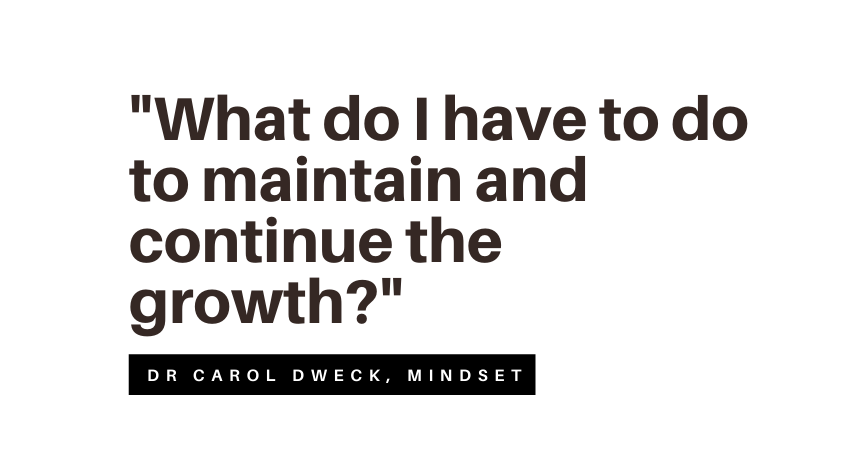

Carol Dweck’s writing style is unique and well-grounded with easy-to-follow research. She uses personal anecdotes and actionable plans—reading this book was a developmental journey. I was captivated by two things: the idea that failing is just a learning opportunity and the principle of lifelong self-improvement. This book gives hope to students who may feel disadvantaged, discouraged, and defeated.
One quote I will always remember:
“What do I have to do to maintain and continue the growth?”
By having a growth mindset as opposed to a fixed mindset, a person can have the confidence to try to live their best life.
The 48 Laws of Power by Robert Greene is another fantastic book under the self-help genre. No, it’s not for dictators. To me, this book is about cultivating independence and the ability to move others. If you want to be a leader—by title or by your actions—this is a must read.
Book title: Why I’m No Longer Talking to White People About Race
Author: Reni Eddo-Lodge
Reviewed by: Maria Meisl, Masters in International Business
This was an eye-opening step-by-step introduction to start to understand race relations in Britain today. I read this book through the eyes of a white person and, obviously, can therefore never fully understand. But this book helped me enormously; I was completely unaware and blind to most issues concerning class and race before reading it. I read the whole book all in one day, completely touched by Reni Eddo-Lodge’s words and her well-researched information.
The topic was made approachable to readers of any ethnicity, with and without prior knowledge. Starting with the history of racism, readers begin to realize that we can’t speak about racism in today’s world and society without understanding its origins. Going from when it all started until very recent events, and the chapters about the system, politics and institutions, was an excellent source for me to learn more from.
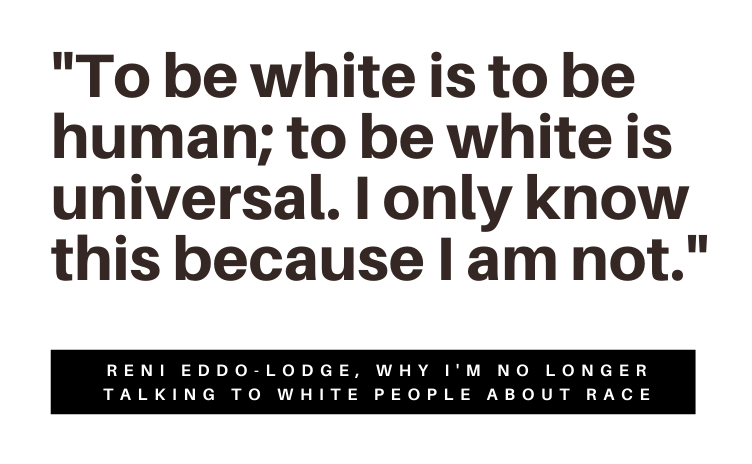

Eddo-Lodge touches on white privilege, which made me realize that I myself can use it to enforce change rather than feeling guilty or ashamed of white people abusing this privilege. I always felt quite excluded in discussions about racism; who am I to talk about it when I’ve never really experienced what it feels like? But the urge to learn and understand makes it possible that even white people, who are not looking away from these problems, can raise their voices and drive change. Also, when speaking about racism and feminism as well as race and class, Reni Eddo-Lodge explains intersectionality here in an easy, approachable way.
All in all, I can just highlight what Emma Watson already said in an interview with Reni Eddo-Lodge: “This book is an essential reading for anyone even remotely interested in living in a fairer, kinder, and more equal world.”
I’d also recommend The Good Immigrant by Nikesh Shukla, which gives an insight into how it feels to be different in a country that doesn’t seem to want you to stay.
Book title: Invisible Women
Author: Caroline Criado Perez
Reviewed by: Saskia Araujo, Executive MBA
I remember in 2011 when I joined the Oil & Gas sector, I could see what it meant to be in an industry that attended to all the needs of male employees but had a rather poor structure to receive a female engineer. Even the personal protective equipment, to this day, is designed to consider the way a man uses the toilet as opposed to a woman.
I heard about Invisible Women from a friend who lived the same experiences and she told me: “this book describes our life.” She did not only mean how Oil & Gas females now comprises less than 25% of the workforce in this industry, but also how women worldwide, who make up 47% of the global workforce, face many different challenges daily.
These challenges are not only at work but also in healthcare and even while driving a car. Did you female occupants are 73% more likely to die than male occupants in car crashes when wearing a seat belt? Also, the design of the seat belt today is still not suitable for pregnant women and that puts at risk the life of the mom and the baby during a car crash.
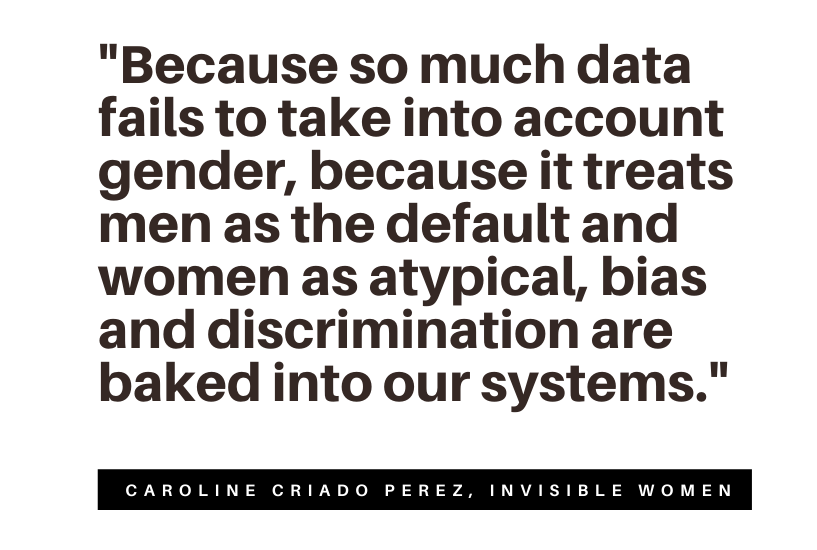

The book discusses these facts and more, which were for me an eye opener. We live in a world designed by men for men, and women have only been adapting to this reality. So the question is: How can it be fixed?
Well, the answer is not so simple but there must be an increase in representation. We can see that female leaders from Scotland and New Zealand, respectively Nicola Sturgeon and Jacinda Arden, making a difference in ways such as ending period poverty.
So, my question to all of us is: What are we doing to change these realities as leaders of the future? I advise you to read this book to find out more!
Book title: Questions for Ada
Author: Ijeoma Umebinyuo
Reviewed by: Idinma Ilodibe, Masters in Business Analytics
My earliest childhood recollections saw me hunched over a book in a corner of my mom’s bookshop. Fantasy, romance, mystery, history—I read it all. By the time I turned nine, I was reading 500-page books in the span of two days and putting them back on the shelf to be sold without so much as a bend. Through the vast volumes I perused, the one genre I never explored was poetry. Sure, I knew what a poem was, but I never really read any poetry so poems were practically a mystery to me until I read Langston Hughes at a new school. I, Too blew me away in a way that can only be understood when you read it. Thus began my love for poetry and I haven’t looked back ever since.
Fast forward to 2017 and I discover the brilliant Ijeoma Umebinyuo. If you are familiar with her work, then you’ll realize that describing her as “brilliant” doesn’t do her enough justice. Umebinyuo writes and speaks with unrivaled simplicity and fierceness that moves me to my core.
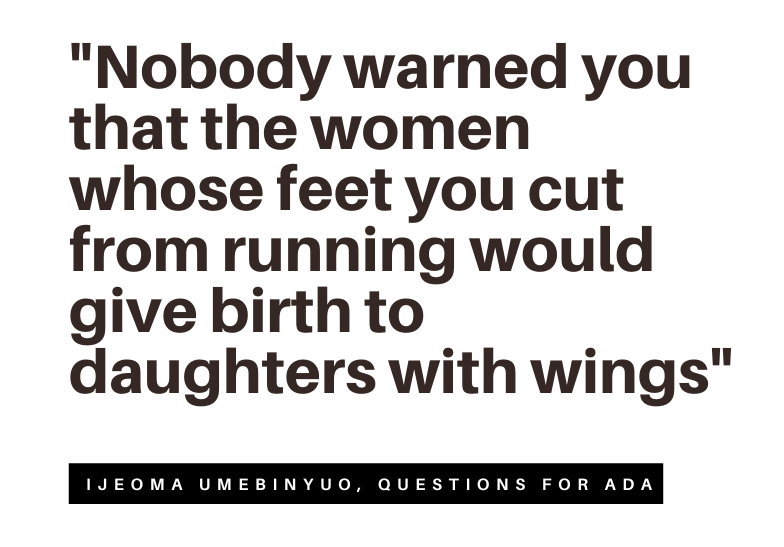

A lot of her work resonates powerfully with me because I am also a Nigerian woman in diaspora, but you don’t need to be Nigerian, woman or abroad to feast on the beauty that is Umebinyuo’s writing. I could talk for hours about her writing, but it’s easier if I show you.
“Tell the darkness I did not die.”
. . .
“I am too full of life to be half-loved.”
. . .
“So, here you are
too foreign for home
too foreign for here.
Never enough for both.
(Diaspora Blues)”
These are just a few poems from her first poetry collection, Questions for Ada. Need I say more? Walk, don’t run to read this masterpiece. And when you’re done enjoying it, be sure to check out Soft Magic by Upile Chisala!


